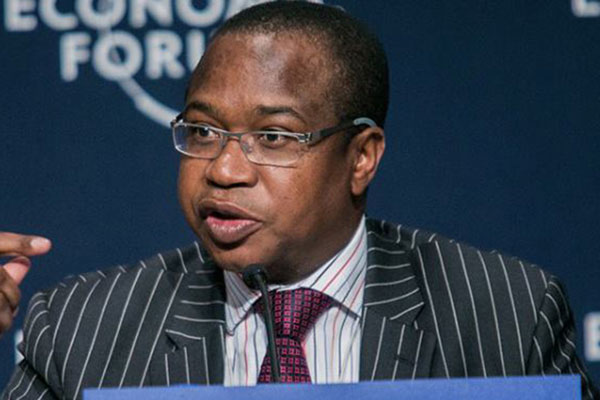
BY TAURAI MANGUDHLA
ZIMBABWE says it has made its first debt repayment to a group of creditor countries known as the “Paris Club” under a refreshed plan to clear up to US$10,7 billion owed to several multilateral funders.
This debt represents over 70% of the country’s gross domestic product (GDP).
It has been blamed for the country’s struggle to secure fresh bailouts from international financial institutions (IFIs) to stabilise its trouble economy.
The Paris Club is a group of major creditor countries whose role is to find coordinated and sustainable solutions to debt repayment difficulties experienced by debtor countries.
As debtor countries undertake reforms to stabilise and restore their macroeconomic and financial situation, Paris Club creditors provide an appropriate debt treatment.
These countries include Japan, the United States of America, Germany, the United Kingdom, Belgium and several others.
Zimbabwe had defaulted since 2001, after falling into a gruelling economic crisis, which saw inflation hitting a record 500 billion percent in 2008, with GDP felling by 50% during the decade ending December that year.
- Chamisa under fire over US$120K donation
- Mavhunga puts DeMbare into Chibuku quarterfinals
- Pension funds bet on Cabora Bassa oilfields
- Councils defy govt fire tender directive
Keep Reading
After paying debts owed to the International Monetary Fund (IMF) two years ago and rolling out the Lima debt clearance plan in 2015, the country has failed to live up to its promise, and has been accumulating high interests on the arrears.
But speaking during an economic review webinar hosted by the Zimbabwe Independent on Thursday, Finance ninister Mthuli Ncube said his plan was to demonstrate goodwill to the powerful economies before kicking off full scale payments.
“We have developed an arrears clearance and debt restructuring strategy,” Ncube said.
“As government, we are now speaking to various countries to see who could be a sponsor because we need a sponsor and once we are successful we will be able to move on to the next phase, which is really to tackle those arrears with the World Bank and the African Development Bank, the preferred creditors. We are working hard on that.
“I must say that for now we have taken the step of beginning to pay token payments to the World Bank, the African Development Bank and the European Investment Bank.
“We are making those payments to show that we are good debtors. We have taken yet another step, which we have not done in the last 20 years, which is to start paying the 17 Paris Club creditors.
“Again we have begun making token payments to them whether we are looking at Italy, UK, Japan or US. We have started paying them because as a country we ought to be known as good debtors and not bad debtors.”
He did not disclose the actual amounts that have been paid.
Under the Lima plan, Zimbabwe in 2019 cleared its arrears with the IMF amounting to US$107,9 million.
Ncube said the debt clearance was a huge and strategic piece of President Emmerson Mnangagwa’s international re-engagement exercise aimed at restoring good relations between Zimbabwe and the rest of the world, in particular Europe and the United States.
Speaking during the webinar, Securities and Exchange Commission of Zimbabwe chief executive officer, Tafadzwa Chinamo indicated that the country was working on listing a bond on the Victoria Falls Stock Exchange.
Chinamo did not disclose further details, but he also indicated that Zimbabwe was making efforts to deepen its capital markets.
In an exclusive interview with our sister publication, the Zimbabwe Independent, earlier this year, Ncube said arrears clearance remained a major challenge to the economy, making up over 77% of total external debt.
As a result, he said, the re- engagement and engagement with the international community for arrears clearance and debt relief remained a critical strategy of the National Development Strategy 1 in order to unlock new external financing required for sustained economic growth and transformation.











